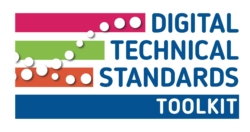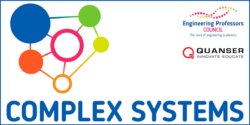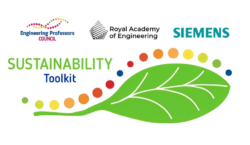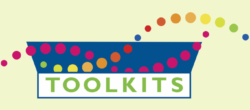 We’re looking for expert working group members and suggestions of resources we can incorporate into our new Digital Technical Standards Toolkit, which will launch in March 2026.
We’re looking for expert working group members and suggestions of resources we can incorporate into our new Digital Technical Standards Toolkit, which will launch in March 2026.
Following the meeting on Technical Standards convened on September 11th 2025 by the Engineering Council, DSIT is funding the creation of a new Digital Technical Standards (DTS) Toolkit to support Engineering academics to better understand this area and embed it in their teaching. We are pleased to invite you to participate in the next stage of developing this toolkit as we would greatly value your expertise and suggested content.
The project is a collaboration between the Engineering Professors’ Council (EPC) and the University of Lancashire and is being led by Professor Georgina Harris (University of Lancashire / EPC President) and Dr. Hermann Brand (IEEE) who will co‑chair the Expert Working Group.
Project Purpose
The DTS Toolkit will be a comprehensive, academically aligned toolkit to support engineering and computing educators in embedding Digital Technical Standards into curriculum design and delivery. It will enhance understanding and engagement with DTS, which underpin the UK’s digital infrastructure, engineering practice and international competitiveness.
The toolkit will consolidate existing high‑quality resources, signpost relevant external materials, and develop new UK‑context content where required.
It will support educators in embedding DTS concepts, Standards Development Organisation (SDO) structures such as ETSI, 3GPP, IETF, W3C, ITU‑R, ITU‑T, IEEE, and ISO/IEC and standards‑related career pathways within engineering and computing curricula.
Given the tight delivery timeframe, with a firm completion deadline of March 2026, we need to identify existing content and organise relevant resources.
-
Sharing of current materials you know or your organisation like to share
-
Signposting of external resources
- Suggestions for filling content gaps
-
To produce short, targeted guidance content where required
To have an idea about the output, you can see the EPC’s Complex Systems Toolkit which gives an indication of the sort of resource we hope to create. All contributors and participating experts will be acknowledged publicly on a dedicated DTS toolkit page (similar to this).
- Register your involvement or interest by emailing Dhanushka Hewaralalage at dsahewaralalage1@lancashire.ac.uk
- Content contributors: Submit your contribution here
- Content co-authors: Please complete this form
- Authorise use of your institution’s resource: Please complete this form
- Suggest a resource: Email Dhanushka Hewaralalage at dsahewaralalage1@lancashire.ac.uk
To get involved, please email Dhanushka Hewaralalage at dsahewaralalage1@lancashire.ac.uk.
This post is also available here.
 We’re looking for expert working group members and suggestions of resources we can incorporate into our new Digital Technical Standards Toolkit, which will launch in March 2026.
We’re looking for expert working group members and suggestions of resources we can incorporate into our new Digital Technical Standards Toolkit, which will launch in March 2026.

